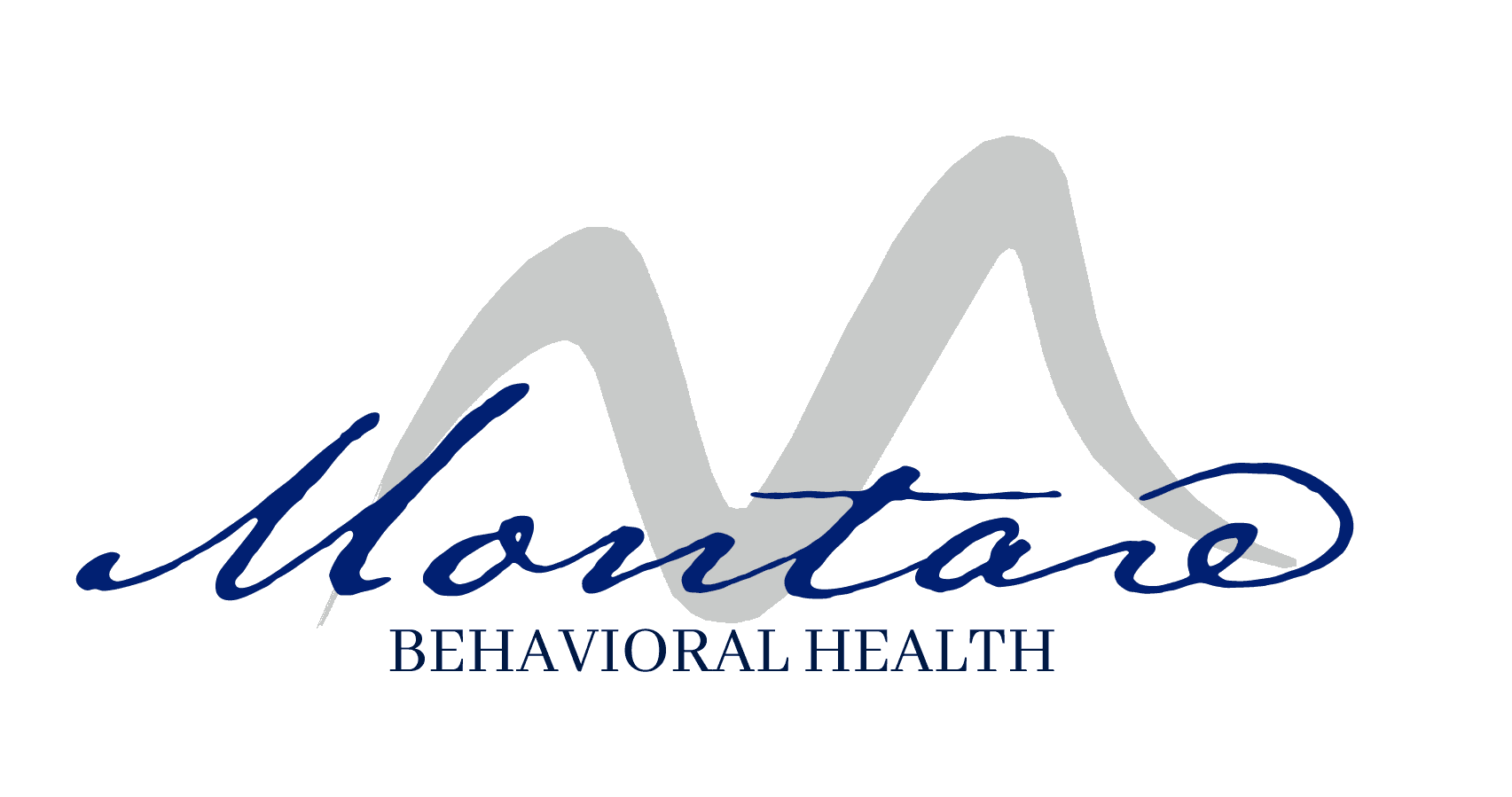Bipolar disorder and posttraumatic stress disorder (PTSD) are both complex mental health conditions that can negatively impact a person’s thoughts, feelings, and behaviors. When you understand the similarities and differences between bipolar and PTSD, you will be best prepared to notice if you or someone in your life is struggling, so you find the right type of treatment.
Similarities Between Bipolar Disorder and PTSD
Let’s start our exploration of bipolar and PTSD by highlighting some key similarities between these two mental health conditions:
- Bipolar and PTSD can both cause people to experience dramatic, unpredictable swings in mood, attitude, and energy levels.
- Individuals who have either bipolar disorder or PTSD may have difficulty experiencing joy, happiness, and other pleasurable emotions.
- Periods of depression (which can include low mood, persistent fatigue, lack of motivation, and diminished self-confidence) are common in both disorders.
- Bipolar disorder and PTSD can cause people to pull away from friends and family members and end their participation in activities that used to be very important to them.
- Both conditions have been linked with an elevated risk of substance abuse and addiction.
- Both bipolar disorder and PTSD can increase a person’s risk of suicide.
- Thankfully, both bipolar and PTSD are treatable conditions.
Important note: If you believe that you or someone that you care about is in imminent danger of suicide, please get help immediately. In the United States, you can contact the 988 Suicide & Crisis Lifeline by calling or texting 988 from any phone. You can also access this free resource online at https://988lifeline.org/.
Differences Between Bipolar and PTSD
The following are examples of some of the more significant differences between bipolar and PTSD:
- To develop PTSD, a person must experience at least one traumatic occurrence. While many people with bipolar disorder have histories of trauma, that is not a diagnostic criteria for this condition.
- Bipolar disorder is actually a category that includes three distinct conditions: bipolar I disorder, bipolar II disorder, and cyclothymic disorder. The fifth edition of the Diagnostic and Statistical Manual of Mental Disorders (DSM-5) does not include subcategories for PTSD.
- The mood swings that are characteristic of bipolar disorder can include periods of both depression and mania/hypomania. Manic/hypomanic episodes involve inflated self-esteem, elevated energy levels, increased motivation, and little to no need for sleep. People who have posttraumatic stress disorder often experience depression, but the symptoms of PTSD do not include mania or hypomania.
- Bipolar disorder does not cause disturbing nightmares, hypervigilance, or exaggerated startle response, which are common among people who have PTSD.
- PTSD is more common than bipolar disorder. According to the National Institute of Mental Health (NIMH), the lifetime prevalence of these disorders among adults in the United States is 6.8% for PTSD and 4.4% for bipolar disorder.
Can PTSD Cause Bipolar Disorder?
It is not unheard of for people to have co-occurring bipolar disorder and PTSD. In some cases, people who have bipolar disorder experience a traumatic event that leads to PTSD, while in other cases a person who has developed PTSD may begin to exhibit symptoms of bipolar disorder.
However, while there is a well-documented history of people having both bipolar and PTSD at the same time, researchers have not yet uncovered any evidence to suggest that PTSD can cause bipolar disorder.
Can PTSD Be Misdiagnosed as Bipolar Disorder?
One of the many challenges posed by PTSD, bipolar disorder, and other complex mental health conditions is that they are not always easy to diagnose.
As we noted earlier in this post, bipolar disorder and PTSD share several symptoms. Depending on which types of symptoms a person has been experiencing and what information they share with their treatment provider, it is definitely possible for someone with PTSD to be misdiagnosed as having bipolar disorder.
How to Make Sure You Get a Proper Diagnosis and Care for PTSD and Bipolar Disorder
To be sure that you get an accurate diagnosis and receive appropriate treatment for PTSD, bipolar disorder, or any other mental health concern, it is important to complete a thorough assessment with a qualified professional.
During your assessment, you may be asked a variety of questions about your personal history, any prior experiences in treatment, the types of symptoms you have developed, and how these symptoms have impacted your life.
It is important to be completely honest with the person who is conducting the assessment, as the accuracy of their diagnosis can depend on what they learn from you.
If you aren’t currently seeing a doctor or another professional who can assess your mental health needs and make an accurate diagnosis, many treatment facilities (including Montare at the Canyon) offer free assessments for potential patients.
One of the advantages of being assessed at a mental health treatment facility that offers multiple levels of care is that you can also receive detailed information about the types of treatment that align most closely with your specific needs.
Contact Montare at the Canyon About Our Treatment in Los Angeles, CA
If you or someone in your life has been struggling with the symptoms of bipolar disorder, PTSD, or another mental health concern, Montare at the Canyon may have the solutions you need.
Our mental health treatment center in Los Angeles, California, offers personalized services and comprehensive support at the inpatient, partial hospitalization, and intensive outpatient levels. We also offer specialized programming for U.S. military veterans. At each level and in every program, your care will be provided by a team of highly skilled professionals and guided by a customized treatment plan.
To learn more about how we can help you or your loved one, or to schedule a free assessment, please visit our Contact Us page or call us today.


